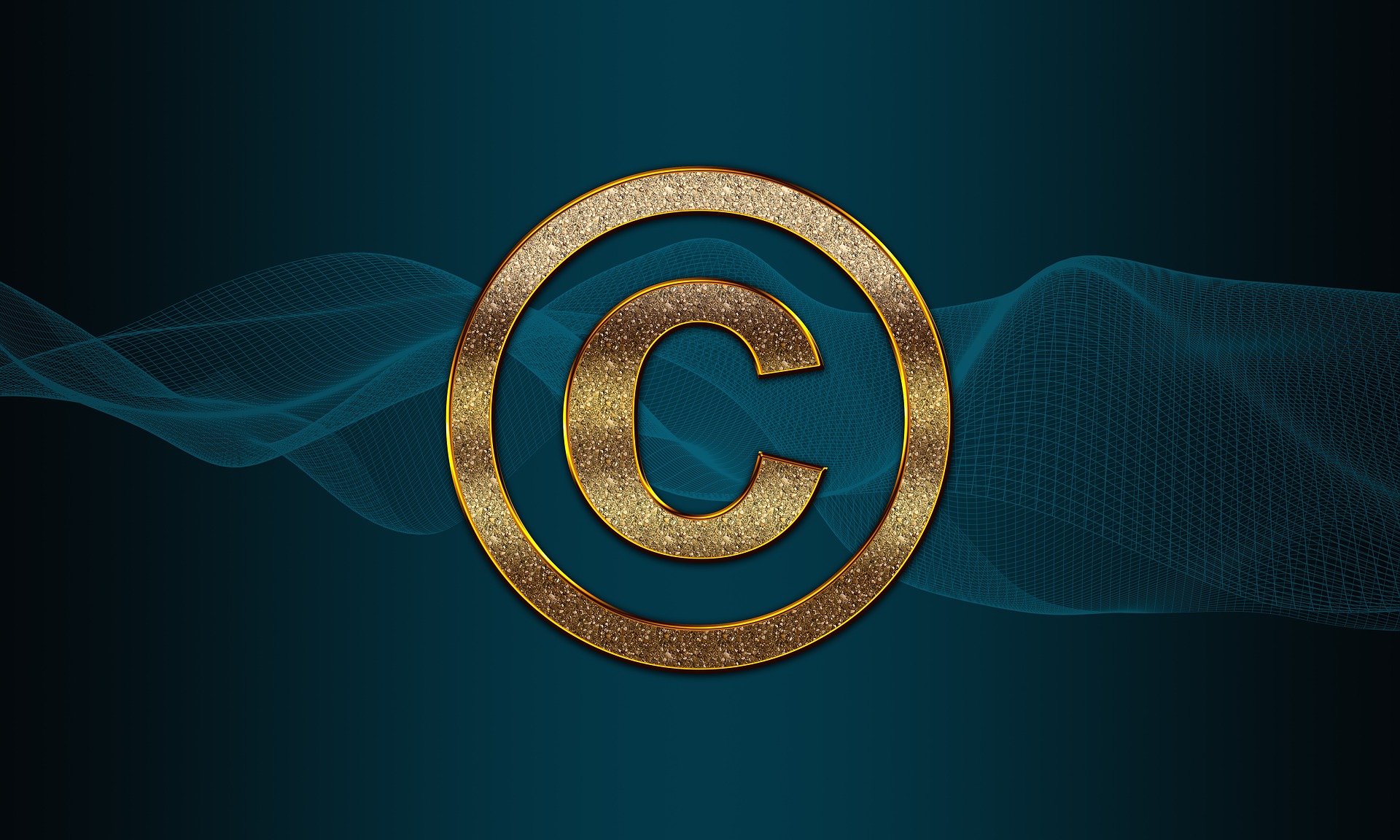
When two or more parties interact with each other, they all have certain expectations pertaining to the outcome of the interaction. To protect their interests and make sure that the expectations are met, such entities should consider signing legally-binding contracts.
Written legal contracts state the expectations of all parties involved and the eventual repercussions that will be faced when such expectations aren’t met. Contracts are enforceable in court, which is why they need to be as detailed and personalized as possible.
Very often, entrepreneurs wonder how to make a legal contract and whether such a document should be thoroughly examined by a contract review lawyer. It’s interesting to point out that a global legal survey suggests 39% of entities rely on professionals other than lawyers for contract management.
If you’re still undecided about the importance of legal contracts and whether these documents should be reviewed by an experienced attorney, the following information may come in handy.
The Benefits Outweigh the Cost of Professional Legal Help
Many small businesses and startups refrain from utilizing legal services because of the perceived cost. The truth of the matter is, however, that a poorly crafted contract can end up costing a lot more in the long run.
Contracts are created to protect businesses and ensure mutually-beneficial partnerships. Missing terms and conditions could enable the other party to get out of the partnership without fulfilling its responsibility. Alternatively, one party could be sanctioned in a faulty way. Such errors will have long-term consequences and they can also have a devastating financial impact on a business.
Law Evolves on a Daily Basis
Business contracts aren’t always simple and straightforward.
On occasions, they will invoke complex clauses and refer to highly specific legal contract terms. Amendments and new regulations could render some clauses or obsolete or necessitate adjustments in pre-existing contracts. Legal professionals have the obligation to expand their knowledge in terms of the changing nature of regulations. If a relevant new law comes into effect, an attorney will make sure that the modification is reflected in a business contract.
Do You Understand What You Are Signing?
Sometimes, you will be presented with an agreement that you will have to sign to move forward or explore new opportunities for your business. Unless you are a legal professional, however, chances are that you don’t have a thorough understanding of what you’re getting yourself into.
Your contract review attorney will make the terms and conditions accessible. You will be notified of the favorable clauses, as well as of the ones that can potentially harm you. Based on their experience, an attorney can let you know whether signing the agreement is a good idea and if it’s in line with your current business development objectives.
The Terms of Business Contracts Can Be Negotiated
Business contracts aren’t unalterable. If you’re not satisfied with a certain term or a condition, you can negotiate a modification.
Once again, a contract review lawyer can represent you during the process and help you get a more favorable legal document. Whether a provision needs to be changed or something important is missing altogether from the document, your lawyer will make a good case and push for the respective change that you desire.
Contracts can quite often cause complications, unexpected outcomes and legal issues. Which is why you shouldn’t just sign blindly or use a generic template for a brand new interaction. Investing in high-quality legal documents protects your business and ensures continual adherence to the highest standards.





